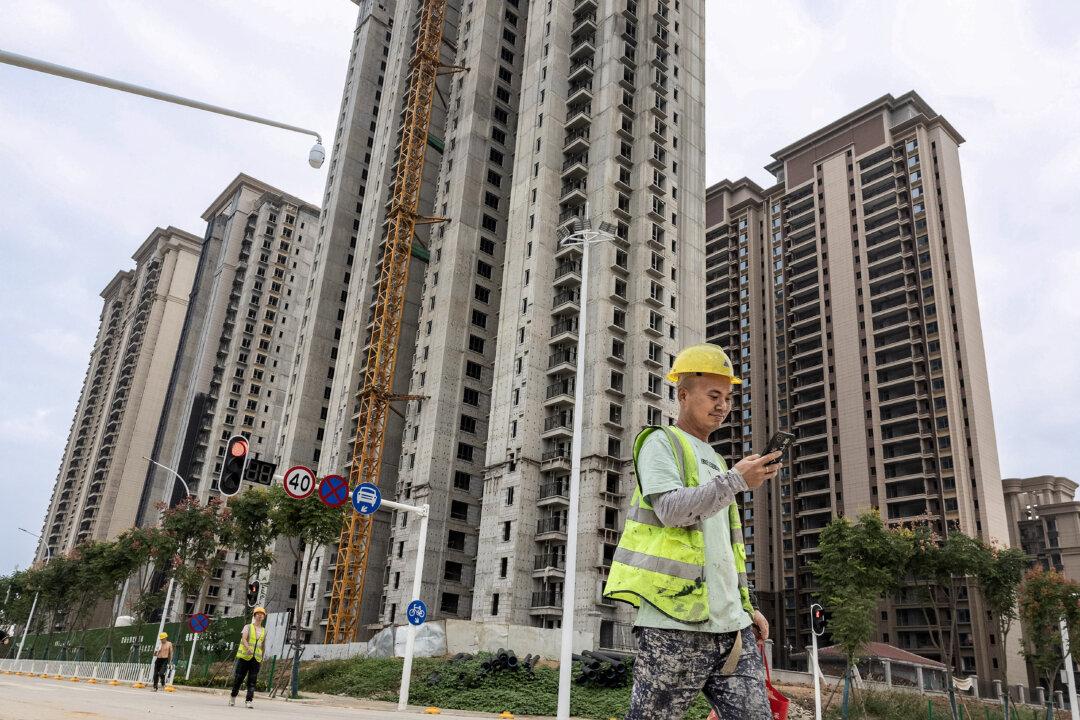Commentary
It is no longer a foregone conclusion that China will surpass the United States economically, given China’s economic and diplomatic problems and U.S. strengths.

It is no longer a foregone conclusion that China will surpass the United States economically, given China’s economic and diplomatic problems and U.S. strengths.